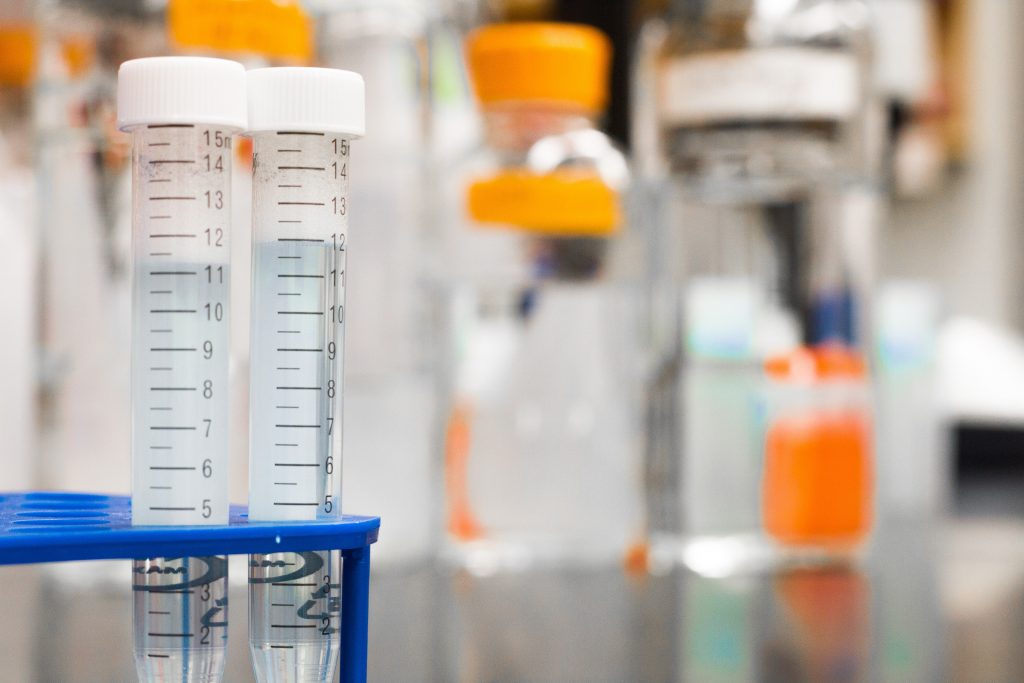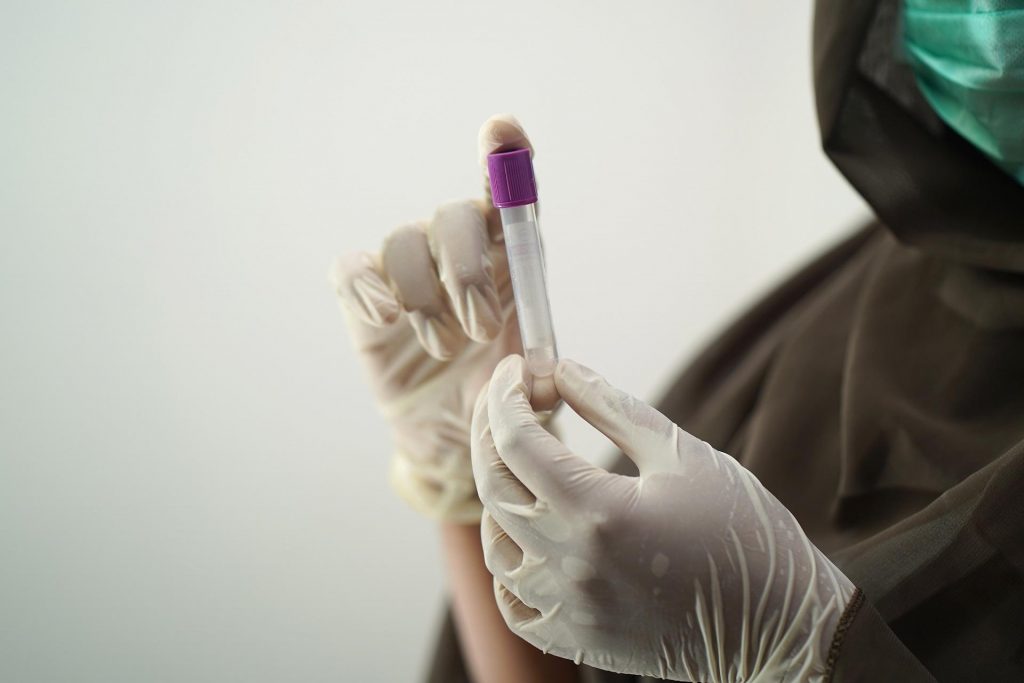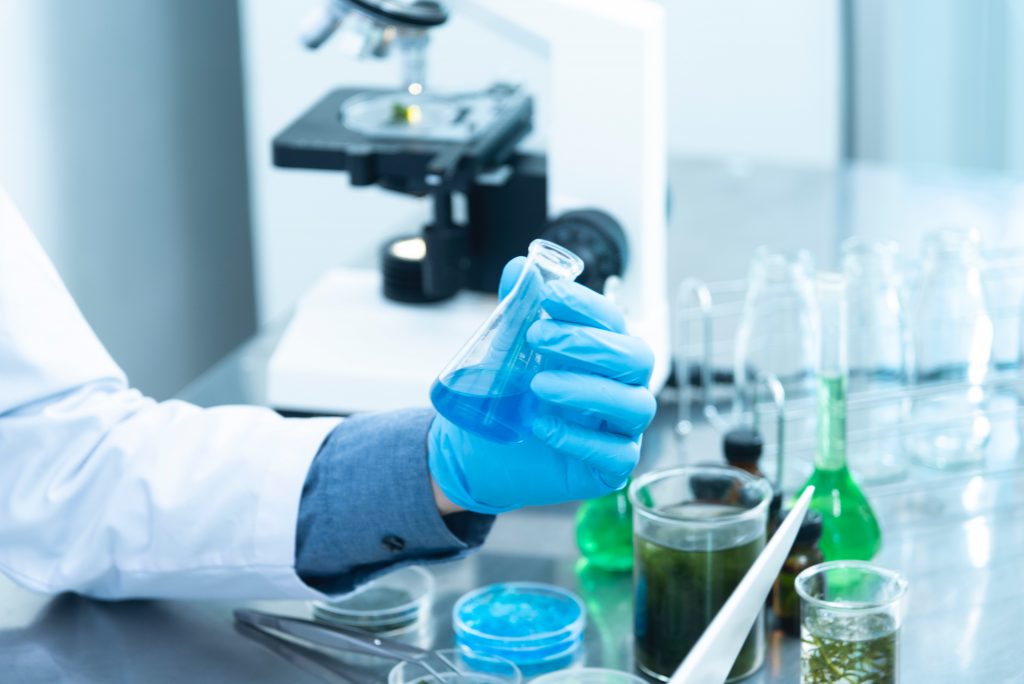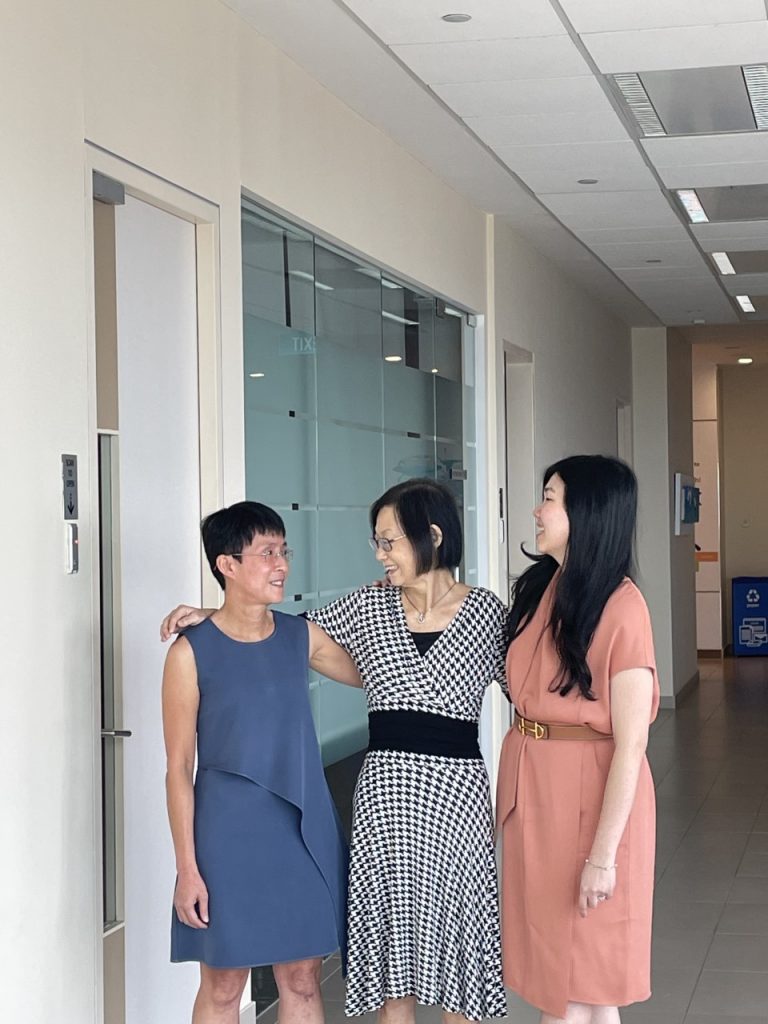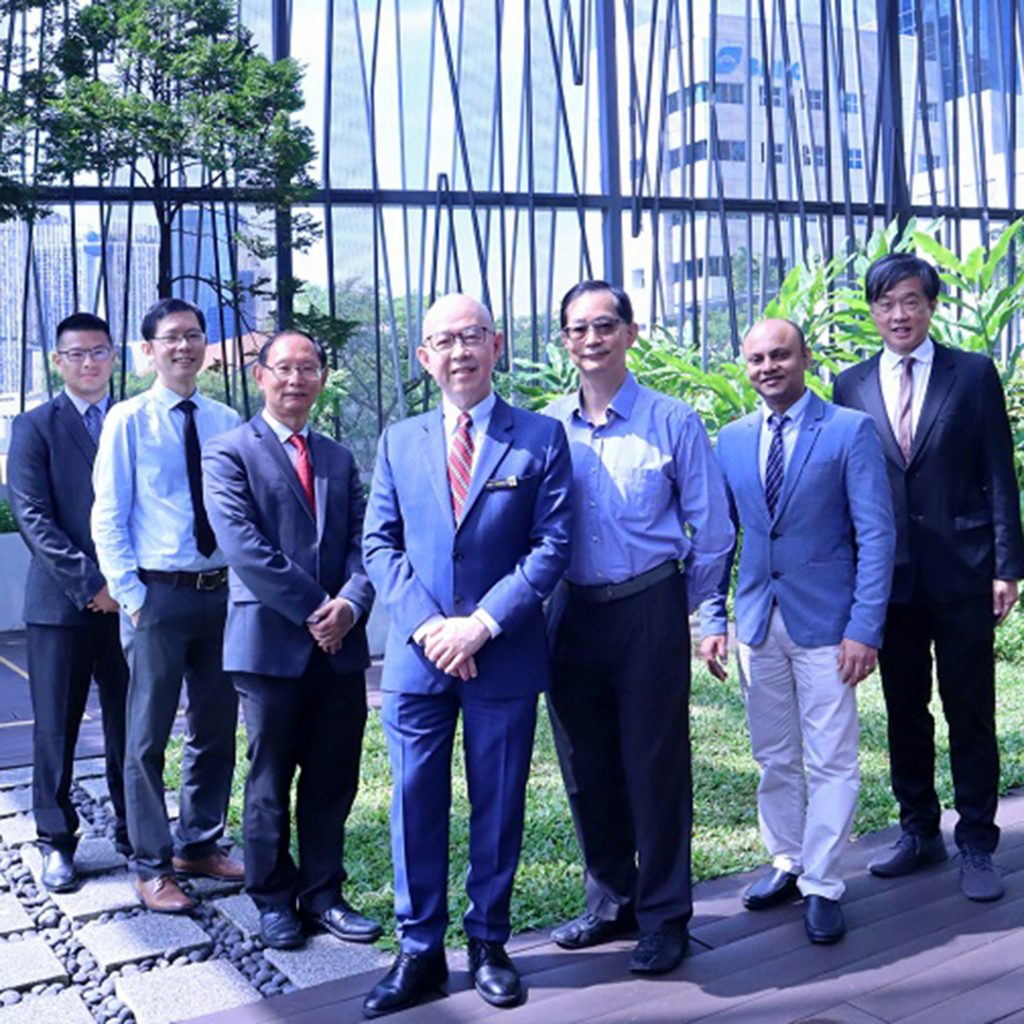[Review] Integration of Genomic Biology Into Therapeutic Strategies of Gastric Cancer Peritoneal Metastasis (J Clin Oncol, June 2022)
The peritoneum is a common site of metastasis in advanced gastric cancer (GC). Diagnostic laparoscopy is now routinely performed as part of disease staging, leading to an earlier diagnosis of synchronous peritoneal metastasis (PM).


